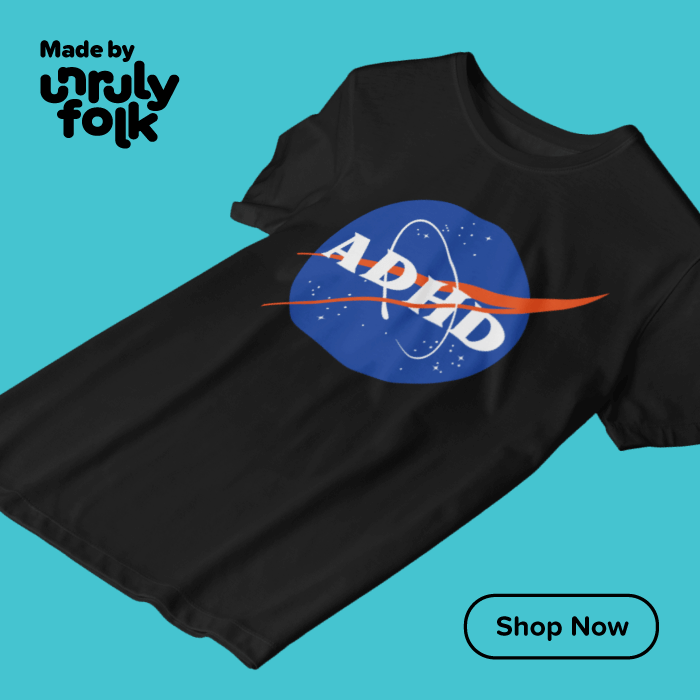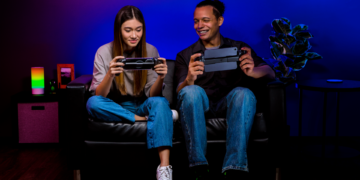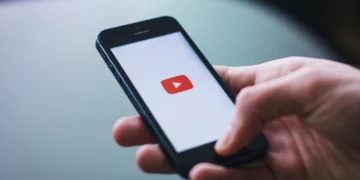My 8-year-old daughter has always been a curious and thoughtful soul. When she was three, she asked if we love animals, how can we hurt them? How can we eat them?
I promised that, as a parent, I would always be honest with her about this sort of thing. After all, if I had made the right decision, I wouldn’t need to lie. The facts speak for themselves.
I didn’t want to sugarcoat it or desensitise her. Eating animals is the done thing, yes, but why? Does it have to be? I wanted to give her the information and freedom to come to an untainted conclusion. As a result, she chose to become vegan, and I followed her lead. I realised that if more people had the opportunity to look at the issue objectively and make their own decisions with support from their families early on, perhaps there would be fewer of us eating animals.
Being vegan was something that made sense to me, too. Morally, it’s something I always agreed with, but I had always struggled with disordered eating and had thrown it to the back of my mind as a problem for another day. It wasn’t until my daughter opened my eyes that I felt confident about breaking the cycle. I try to lead by example, which compelled me to change. After all, I couldn’t be a hypocrite. If she could do it, so could I.
I’ve been vegan for five years and am very proud of it. My daughter has taught me so much about compassion, caring for the environment and conscious consumption, and for that, I’m grateful. Her honest questions made me realise how important it is to be mindful of our actions’ consequences and how everything we do is connected.
To this day, I credit my 8-year-old daughter for inspiring me to make the switch and go vegan. It also taught me an important life lesson: things can be pretty simple if you drown out the background noise and trust yourself. It’s the adults that overcomplicate it.


























































